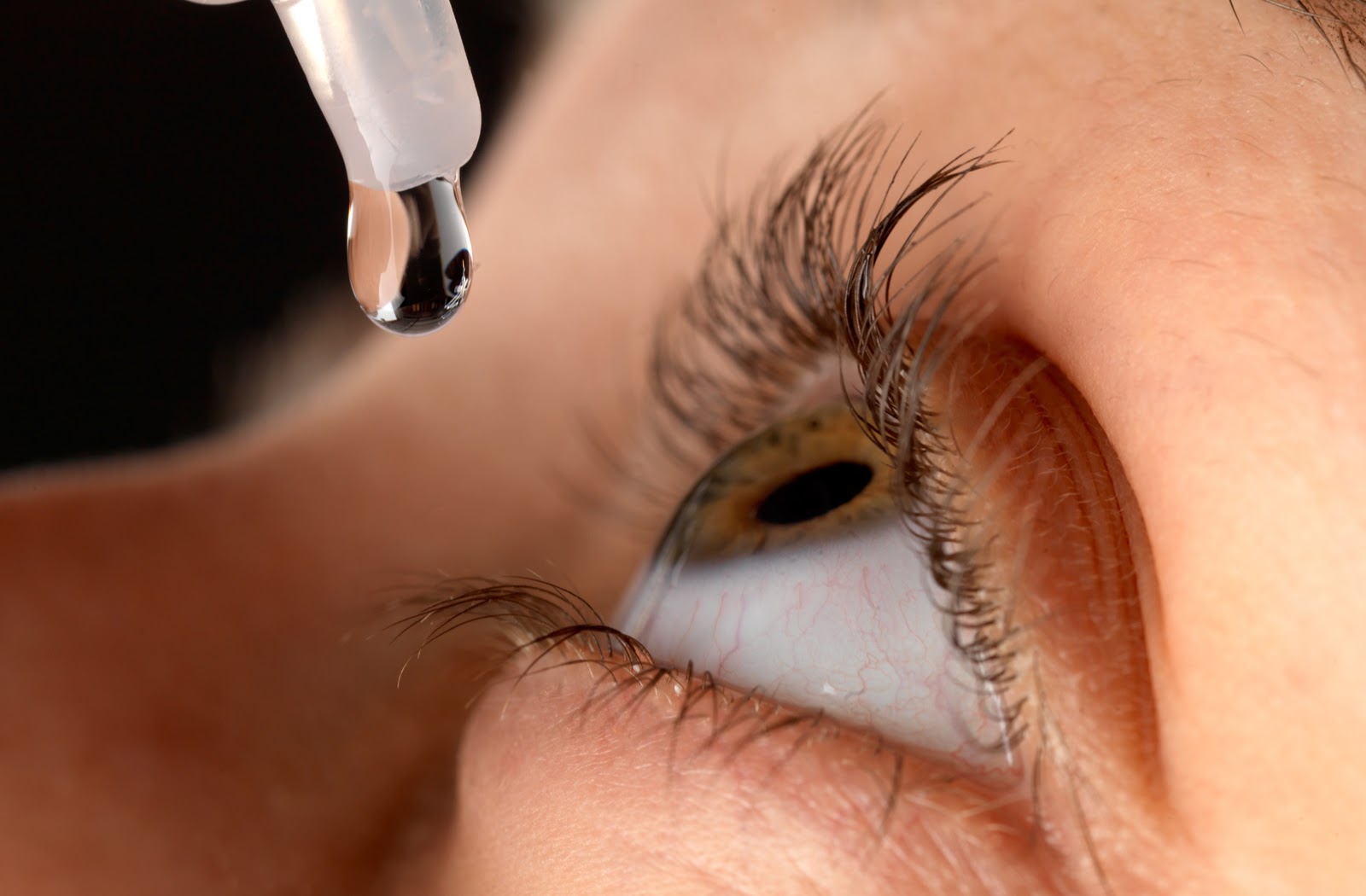
image source: American Academy of ophthalmology.
have you ever ever woken up to see that your eyes are purple and puzzled why? well, there are some one of a kind reasons that can motive this, a number of which are not a big deal, whilst others may additionally require scientific interest.
One commonplace motive for crimson eyes is an hypersensitive reaction. Your body can react to such things as pollen, dirt, or puppy dander and cause your eyes to become pink, itchy, and watery.
every other feasible motive is eye pressure or fatigue. if you've been watching a computer screen or reading for a long time, your eyes may additionally begin to experience worn-out, dry, and seem crimson.
purple eye, or conjunctivitis, is some other purpose your eyes can be red. this may manifest if you have an infection as a result of bacteria, viruses, or allergens, and it is able to make your eyes feel itchy, produce discharge, and seem crimson
.
Dry eyes can also be a cause of red eyes. whilst your eyes do not produce sufficient tears, they are able to grow to be dry and angry, and this will lead them to more at risk of infections and inflammation, leading to redness.
even as maximum cases of purple eyes aren't extreme, there are instances wherein it is able to be a signal of a more excessive circumstance. if you revel in sudden or intense redness, ache, or changes in vision, it's crucial to are seeking for medical attention right away. those signs and symptoms may be a demonstration of an eye infection or injury, or a extra serious trouble like glaucoma or uveitis.
In precis, crimson eyes can be resulting from diverse motives, inclusive of allergies, eye fatigue, crimson eye, or dry eyes. if you enjoy surprising or extreme signs or your condition does not improve with home treatments, it is satisfactory to get it looked at by using a medical expert.
REMEDY
1. Use eye drops
 image source: google images
image source: google images Over-the-counter eye drops can help relieve dryness and redness in your eyes. Look for eye drops that are specifically designed for redness relief, and avoid using eye drops that contain decongestants, as they can worsen dryness and redness over time.
Apply a warm compress:
image credit: calgry
A warm compress can help ease eye strain and soothe dry, irritated eyes. Simply soak a clean cloth in warm water, wring it out, and place it over your closed eyes for 10-15 minutes.
Avoid eye irritants:
Get enough sleep:
Lack of sleep can cause eye fatigue and strain, which can contribute to redness. Aim for at least 7-8 hours of sleep each night to help reduce the likelihood of red eyes.
Stay hydrated:
image credit: Google image
Drinking plenty of water can help keep your eyes hydrated and reduce dryness, which can lead to redness. Aim to drink at least 8 glasses of water each day.
Seek Professional help
If your red eyes persist or worsen despite trying these remedies, it's important to seek medical attention. Your doctor may recommend further treatment, such as prescription eye drops or antibiotics, depending on the underlying cause of your red eyes.





Post a Comment